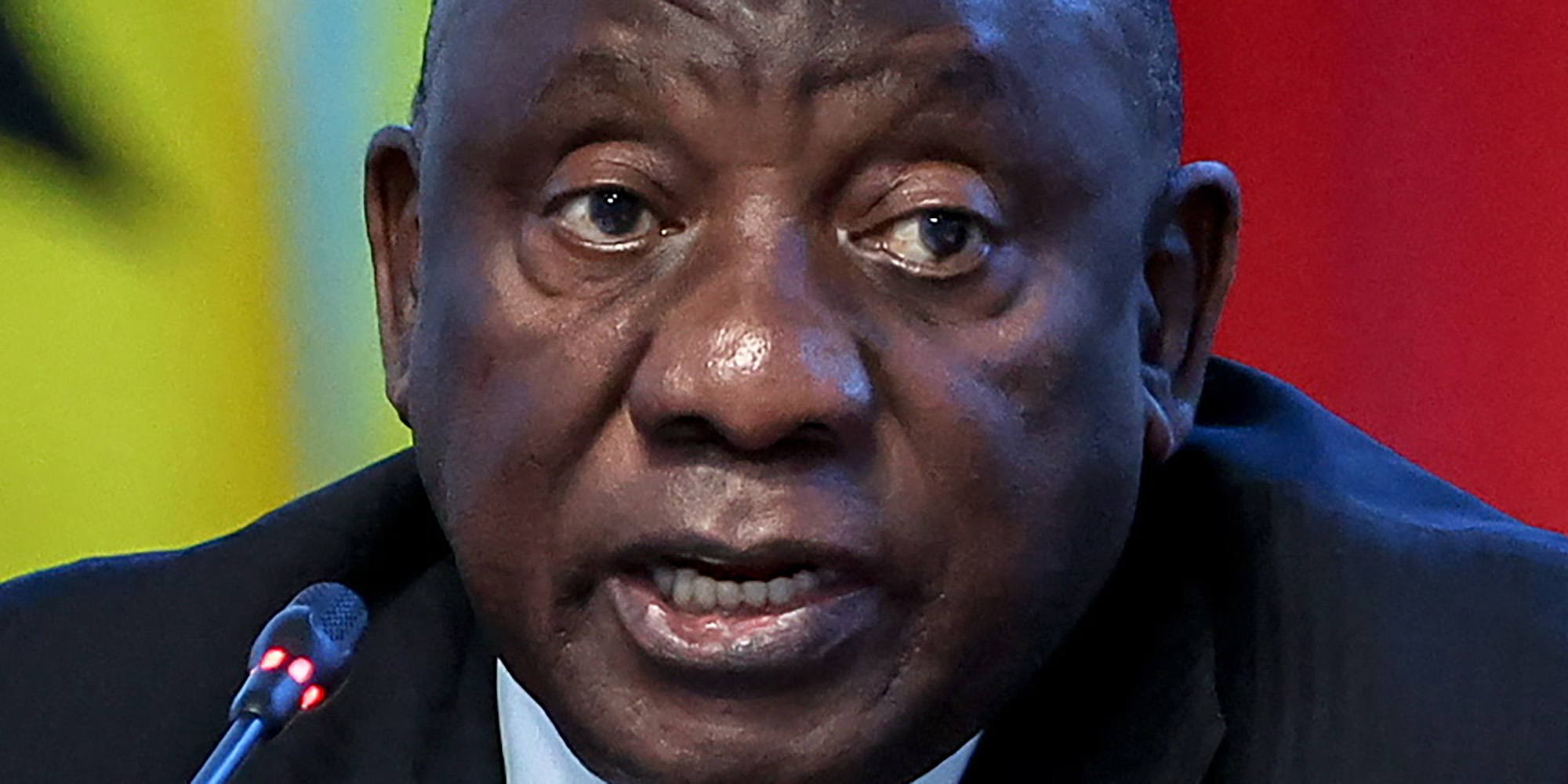President Cyril Ramaphosa and other leaders of the African peace initiative on the Russia-Ukraine war have backed Russian President Vladimir Putin’s justification for pulling out of the Black Sea Grain Initiative, which had released more than 32 million tonnes of Ukrainian cereals on to the world market.
Under the deal, which began a year ago, Russia lifted its blockade of Ukraine’s Black Sea ports to allow it to export its grain. The initiative earned vital foreign exchange for Ukraine and helped to bring down global food prices, which were hitting Africa hardest.
But last month Putin pulled out of the initiative, insisting he would reinstate it only if Western countries removed the obstacles which he said were hindering Russia’s exports of its own grain and fertiliser. Food and fertiliser are specifically exempt from the general sanctions which Western nations imposed on Russia because of its invasion of Ukraine in February 2022. But Moscow has claimed that other sanctions, such as on shipping and finances, have indirectly impeded its food and fertiliser exports.
Speaking for the seven African nations in the peace initiative, Ramaphosa told Putin at the Russia-Africa Summit in St Petersburg last Friday that they wanted him to reinstate the Black Sea Grain Initiative because Russia’s resumption of the blockade on Ukrainian ports was increasing food prices and food insecurity.
In a closed meeting, Putin later told the African leaders that he would only reinstate the initiative if Western countries lifted the restrictions on Russian food and fertiliser exports.
Supportive statement
On Wednesday, the African leaders agreed with Putin. They issued a joint statement calling for “specific steps to remove obstacles to Russian grain and fertiliser exports, thus allowing the resumption of the full implementation of the Black Sea package initiative of the United Nations Secretary-General as endorsed on 22 July 2022 in Istanbul.
“The Leaders also called upon the United Nations to take necessary action in order to release 200 thousand tons of Russian fertiliser blocked in European Union seaports for immediate and free delivery to African countries.”
In September last year, Putin claimed that 300,000 tonnes of Russian fertiliser were blocked in Baltic ports. Last week he said this was 200,000 tonnes. It is not clear why the figure changed. Putin said it made no sense for the EU to prevent the release of the fertiliser as Russia intended giving it away for nothing and so would earn no revenue to support its war effort.
In St Petersburg, Ramaphosa had also called on Putin to start negotiations to end the war. In their statement, the African leaders gave no indication of Putin’s response, but implied it had been negative because they said only that they had agreed “to continue their dialogue on the African Peace Initiative so that a door to peace can be opened”.
They also said that they “recognised progress” on proposals they had discussed with Putin at their meeting on 17 June on humanitarian issues, “in particular, related to the rights of children in areas of armed activities and prisoner exchanges between Russia and Ukraine, and agreed that humanitarian efforts would continue to bring further results”.
They did not explain what progress had been made. At the 17 June meeting, Ramaphosa had called on Putin to repatriate Ukrainian children whom Russia had deported to Russia. It was for these actions that the International Criminal Court had indicted Putin and his children’s rights commissioner, Maria Lvova-Belov, and issued warrants for their arrest in March.
The African leaders of the peace initiative who met Putin on 28 July were President Azali Assoumani of the Comoros, as chair of the African Union; and presidents Ramaphosa, Denis Sassou Nguesso of the Republic of the Congo; Abdel Fattah-el Sisi of Egypt, Macky Sall of Senegal and Yoweri Museveni of Uganda, as well as Zambian Foreign Minister Stanley Kakubo. DM





